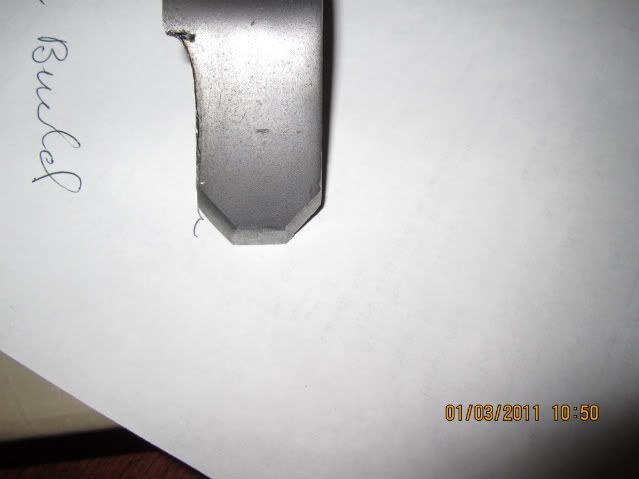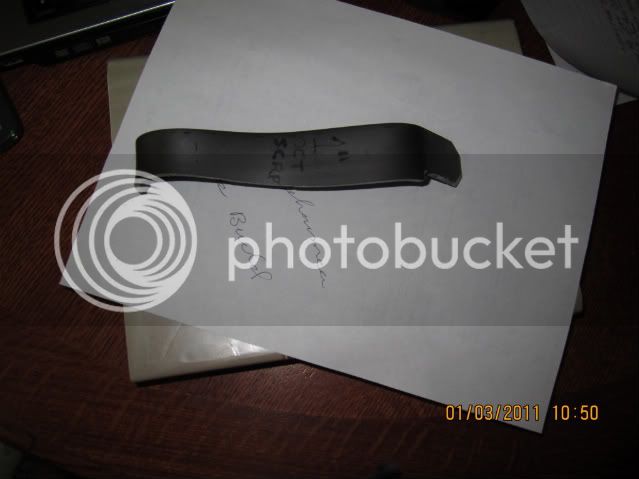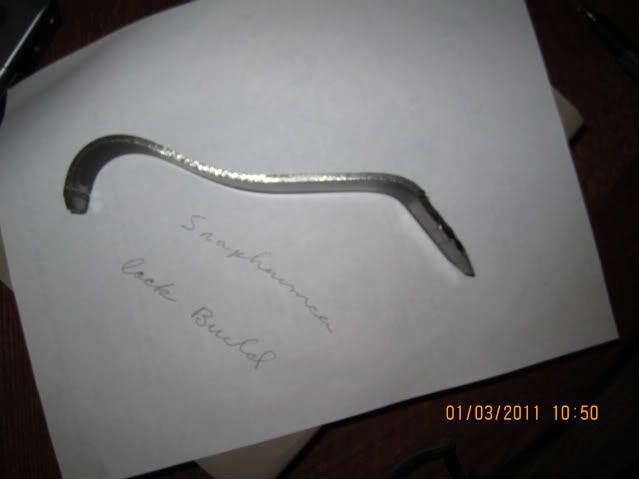Moose, Square up the top and one side to it. Try square a line across the top and down both sides where the breech of the barrel will fall. Using a dado in your table saw, set the dado to the depth, half the barrel diameter is okay, and a width to where, when the barrel nests in the groove, the side flats of the barrel will not be more than 1/8" above the top of the stock, mark a line on your saw table square to the point that the dado blade descends into the table. Center up the stock to your dado on the rip fence, and run your stock up to the point where your dado line and the breech line on the stock match up. Chisel out the dado radius and square the breech, lightly grease up and lay the barrel in the groove, tight to the breech. rip some strip of 1/4" thick underlayment, 1-1/2 to 2-o" wide the length of the barrel. Make sure the barrel sides are perpendicular to the stock top, and lightly clamp it down. With brads nail down the underlayment on each side of the barrel touching at the breech and the muzzle. Make sure to nail outside any place that would be the finished stock, and another short piece of underlayment across the breech. mix up some "Bondo" and fill in the gap between the underlayment and the barrel. When it is set remove the barrel, sand the underlayment smooth. Using a 45 degree bit, carbide is best, with a same size idler bearing on the shank ,they usually come as a set, set it to a depth that the bearing will ride on the flat impressed by the barrel. Your a woodworker so you know about how much bite you should take. After I am well into the wood, I remove the underlayment. and clean op the top and proceed. You will still have to square the breech with chisels and the sides, if done right, will require some light scraping to get the barrel in, You can go as deep as you dare, the bottom has to be finished with chisels and scrapers anyway. Use some in-letting black and work it down. There are many other ways to do the job this is one of them. Hope this helps, good luck. I do think you will get more personal satisfaction doing it with just chisels and scrapers, but this works.
Robby








